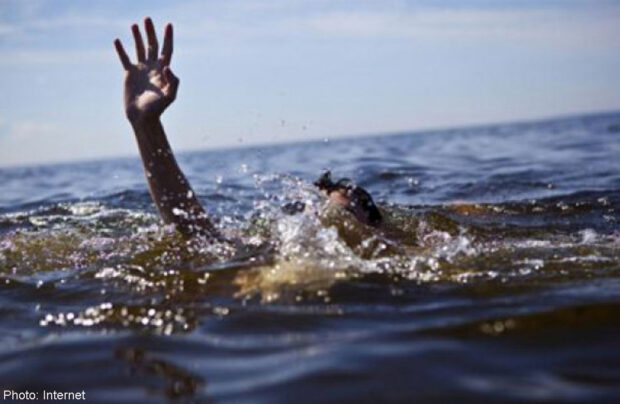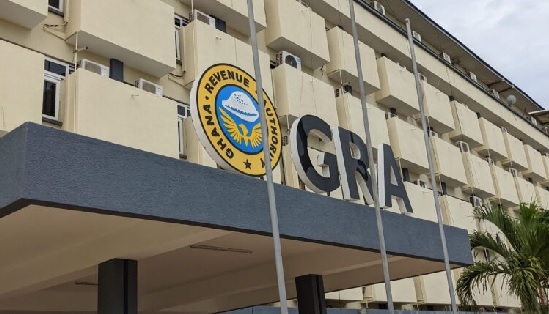
Ghana could face a complete EU ban on fish imports by 2026 unless it resolves longstanding issues in its marine environment. The European Union issued two yellow cards (2013 and 2021) regarding illegal, unreported, and unregulated (IUU) fishing . As the clock ticks, Ghana must implement stronger regulations now.
1. EU’s Yellow Cards & Looming Red Card
The yellow cards issued by the EU serve as a formal warning system. Continued non-compliance could escalate to a red card, triggering a permanent trade halt .
2. Why the Ban Matters
- Economic Impact: Fish is a top Ghana-EU export, generating life-changing foreign exchange. A ban would endanger livelihoods of over 3 million people in the industry
- Food Security: Fish makes up around 60% of animal protein consumption; overfishing due to illegal practices (like “saiko”) threatens this vital resource .
3. Root Causes of the Problem
- Illegal Fishing & Saiko: Industrial trawlers, often controlled offshore by foreign interests, use banned gear and illegally tranship juvenile fish .
- Ownership Lack Transparency: Up to 90% of trawlers are linked to Chinese owners via front companies, violating Ghanaian law.
- Weak Enforcement: Although laws exist, enforcement is weak, allowing overexploitation and poor compliance with penalties.
4. Government Action Plan
- Draft Fisheries Bill: Parliament is reviewing a comprehensive Fisheries Bill with 167 clauses aimed qat punishing illegalities, improving zone management, and strengthening oversight.
- Minister Pledges Reform: Emelia Arthur, Minister for Fisheries, promised rapid action to lift the yellow card and meet EU standards.
- Stakeholder Engagement: Government and industry stakeholders continue consultations to prioritise transparency, ownership disclosure, and criminalization of illegal actors .
5. Why Sanitisation of Marine Zones Matters
Sanitising fishing zones means enforcing laws—and redesignating zones for industrial, artisanal, and protected use. It curbs IUU hotspot activity and displays Ghana’s commitment to sustainable fishing.
6. Risks of Inaction
- EU Red Card: A permanent ban would deprive Ghana of major export revenue and damage relations with the EU.
- Local Livelihoods At Risk: Reduced catches worsen poverty in coastal communities with fewer animals protein available.
- Environmental Collapse: Continued overfishing could collapse fish stocks, destabilising the marine ecosystem .
7. Recommended Next Steps
- Pass the Fisheries Bill Promptly: Ensure it has the proper sanctions, monitoring measures and EU-aligned provisions.
- Boost Enforcement & Transparency: Publish license ownership, enforce fines, track vessels, and crack down on illegal operations.
- Engage with the EU & FAO: Submit the bill for feedback and technical support to meet EU IUU standards and ensure long-term compliance.











Be the first to leave a comment